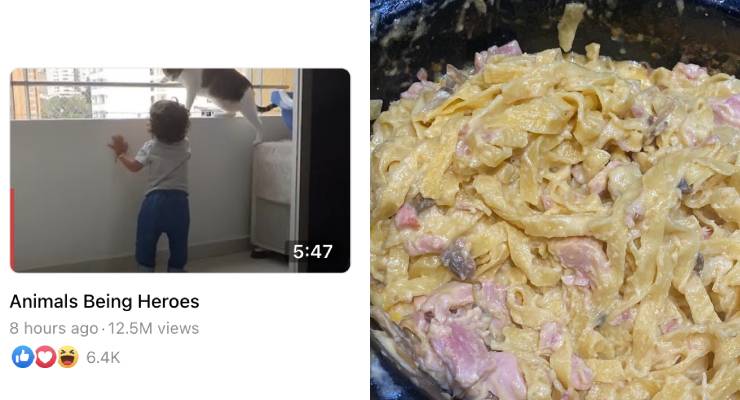
Trending
If you had to guess, who would you say is Australia’s biggest digital publisher? The ABC? One of the commercial TV networks? Perhaps a major publication from Nine or News Corp? Whoever you guessed, it’s probably wrong — sorry — because this Australian publisher is not that widely known, despite being bigger than all of the aforementioned names combined. Here’s how I found out who they are.
Last year, Facebook (now Meta) had a problem. US-based journalists and researchers were using Facebook’s own tools to show that right-wing, culture-war content was dominating the platform. In an effort to ~change the narrative~ the tech behemoth began releasing internal data every three months that gave new insights into what was the most popular content on the platform.
What we found out is that a lot of Facebook is garbage. The most viewed stuff is populated with low-quality memes, growth hacks and content that Facebook’s algorithms had decided to show to hundreds of millions of people for unknown reasons.
Amid the rubble of the 2021 Q4 report, one name jumped out at me: LADBible Australia was sixth on the most widely viewed Facebook pages, with 94.1m views from the US during those three months alone. For those not in know, LADBible Australia is the Australian arm of the UK-based company that launched as a social media version of a lad’s mag (including some of the more sordid parts of them) in 2012 and has since become an online media powerhouse. LADBible Australia is the jewel in its crown.
As someone who spends longer than anyone should looking at Facebook analytics, LADBible Australia’s Facebook dominance made sense while still shocking me with the scale they had found. LADBible Australia posts usually top Facebook posts each day from Australian accounts, often taking out the top slot. LADBible Australia’s head of content, Mel Ho, told me that in February the page had the most Facebook views and second most Facebook engagements in the entire world. Not bad!
Bad news for anyone looking for tips on how to slightly tweak their social media strategy to take advantage of some simple hack, because LADBible Australia is an entirely different beast.
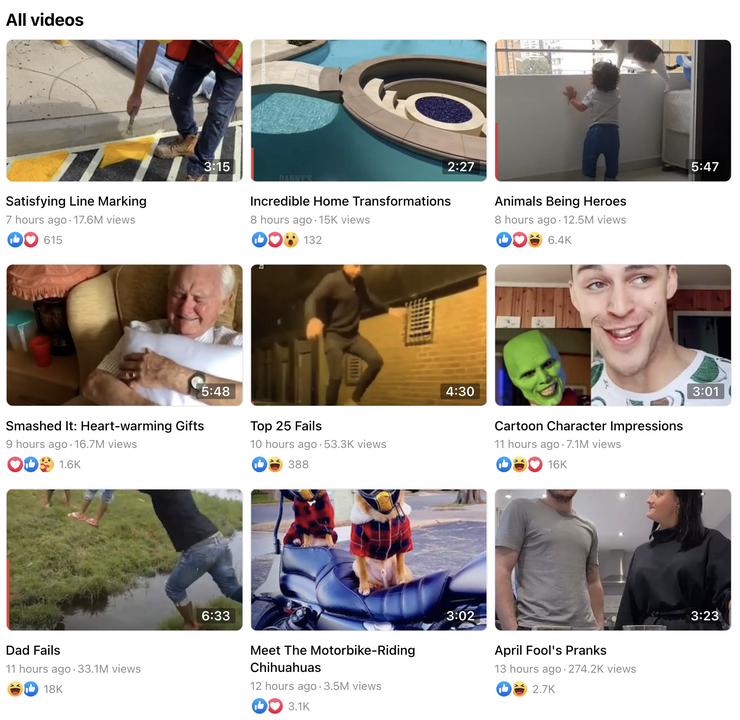
Its most successful content is almost entirely international, user-generated video content (in other words, viral content that other people have uploaded). Its videos have been viewed more than 9 billion times in the past year.
It also posts links to LADBible write-ups of social news and rip-offs of other people’s reporting (I say this as someone whose work has been ripped off) on its website. These link-outs don’t perform as well as its videos but their prominence is because LADBible sells advertising on its website. Videos build the audience, and links are one way to cash in.
LADBible posts to Facebook up to 30 times a day. While it has an Australian office and Australian staff, its content is mostly about international people and events produced for a mostly international audience. This makes sense — there’s a lot more eyeballs out there for non-Australian specific content.
So what’s the secret to Facebook supremacy? Keeping an eye out for the most viral content and re-publishing it in the specific way that Mark Zuckerberg wants.
Hyperlinks
Australia’s anti-vaccine movement is collapsing
Some good news! My deep dive into Australia’s anti-vaccine and so-called “freedom” movement suggests that their support and interest is crumbling. (Crikey)
‘Finfluencers’ bid early goodbye after private ASIC briefing
“Cheers to the end of our influencer careers, RIP”. Just an incredible quote and great access. (AFR)
New ACT Legislative Assembly motion seeks to allow prospective renters to request a landlord reference
Ignore the boring headline, this is about how Sydney comedian Tom Cashman’s viral TikTok about turning the tables on landlords by asking them for a reference has led to ACT Labor MLA Michael Pettersson pushing to make this possible. (ABC News)
Conspiracy theorists in Byron Bay’s floods don’t want to hear about climate change
The selfishness of true believers cannot be overstated. They’re trying to hijack online spaces for people dealing with devastating floods to spread their lies. (Vice)
The race to define Albo: parties spend hundreds of thousands on social media
I like to keep an eye out for what’s happening in Facebook’s and Instagram’s political ads. Post-budget, I found, both parties are spending big on getting messages about the Labor leader to hard-to-reach voters. (Crikey)
Content Corner
Yea, though I walk through the valley of the shadow of death, I shall fear no evil; for thou art with me.
These words came to mind when scrolling through the Slow Cooker Recipes Australia Facebook group, an online community with more than 374,000 members.
What could be so scary, you ask, about a group of people who’ve come together to celebrate and explore the uniquely relaxed culinary experience of using a crockpot?
I could tell, but I’d rather show. Here’s slow-cooked chicken carbonara.
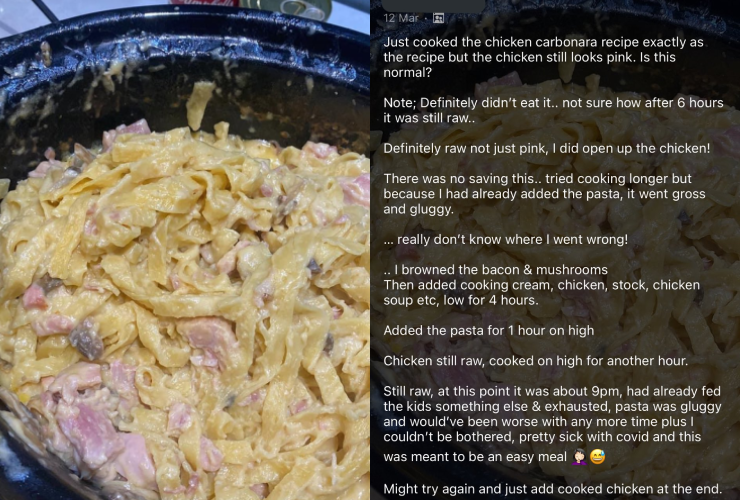
Here’s a slow-cooked big breakfast.
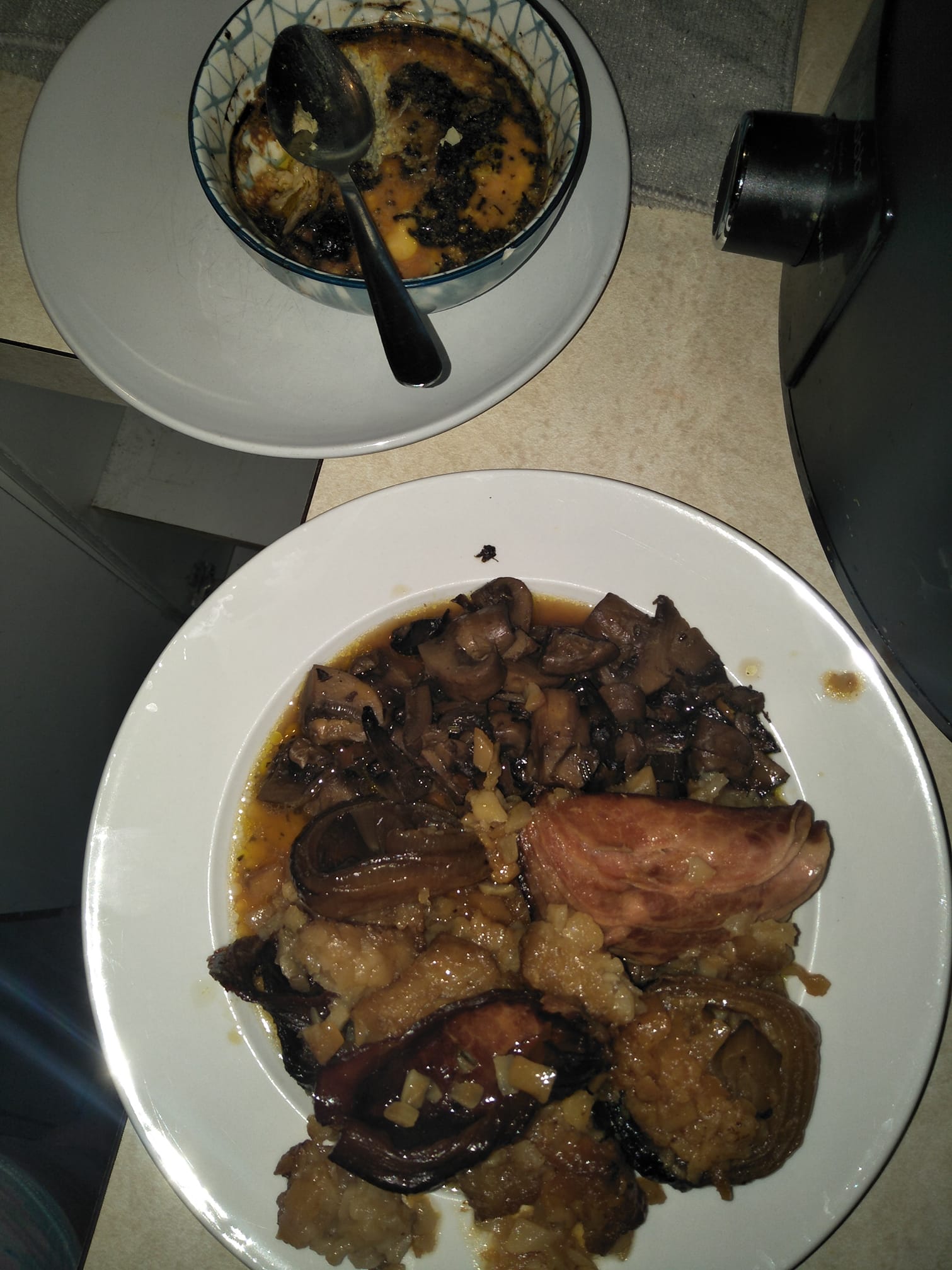
There’s strawberry yoghurt.
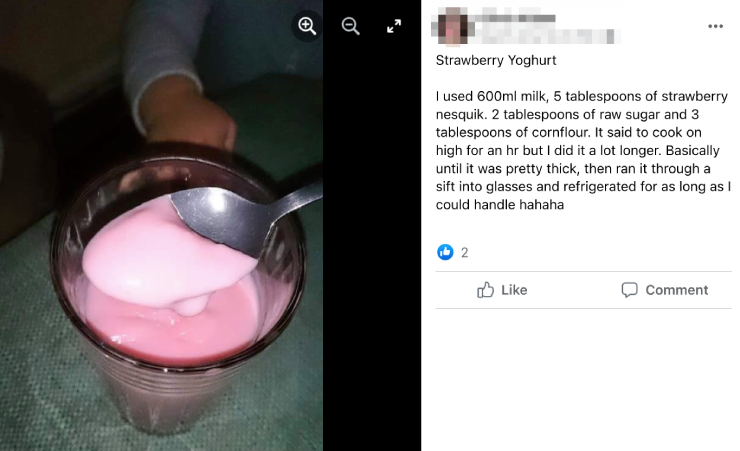
And how could we forget porcupine meatballs.
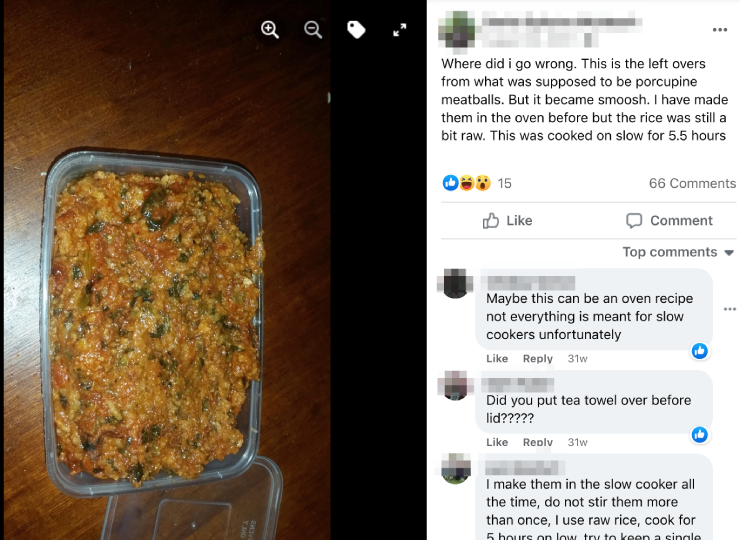
The funniest part about these failed kitchen experiments is that without exception other members in the comments reply that, no, cooking a lemon meringue cake is more than possible in a slow cooker but the original poster didn’t just do it right.
The broader lesson here is about the dynamic that creates a sort of communal delusion in fandom-based online spaces. In communities that are self-selecting for obsession with crockpots and organised by algorithms, there’s not many people saying, “Hey, maybe you shouldn’t try slow cooking a chicken pasta recipe.” Leave your pressure cooker at the door.
To someone with a crockpot, every recipe looks like something that can be slow cooked.








It appears that climate science is not the only science education lacking today. Surely it’s in the best interests of our health and safety that the basics of cooking food safely is not left solely to Facebook groups and YouTube hacks!